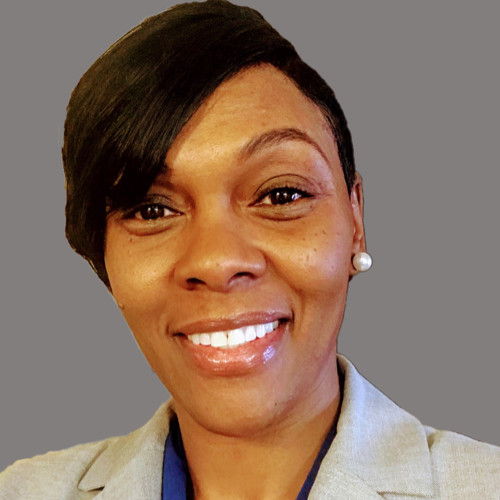Elevate Your Profile: Transforming Your Resume into a Personal Branding Tool

By Yvette “Yve” Lopez-Coelho
In today’s evolving professional landscape, your resume is more than a tool for job applications. It is a living document that tells the story of who you are and the direction you’re heading. During a recent presentation for Conexión’s Power Talk series, I shared strategies for how professionals can elevate their profiles by using their resumes to reflect not just their experience, but their identity, values, and potential.
Your Resume Is Part of Your Brand
A resume should be more than a list of roles and responsibilities. It is a mirror of your personal brand, which is how you see yourself and how others see you. It captures your strengths, passions, and professional journey. When thoughtfully crafted, it becomes a tool that speaks to mentors, sponsors, and future collaborators on your behalf. It is also a mirror of your potential, demonstrating the value you are capable of providing.
Your goal is to take control of that narrative. What story does your resume tell about you today? What story do you want it to tell?
Reimagining the Resume as a Growth Tool
We often update our resumes only when we’re looking for a new job. But what if we treated it as a regular check-in on our growth and development?
Think of your resume as a tool to:
- Track progress toward your goals OR Boost your confidence during career transitions:
- Take a few minutes to dust your resume off and remind yourself of all you have done. We are imperfect beings. It is how we learn from our mistakes, respond to our mistakes, and grow that define us.
- Prepare for performance evaluations
- Have you grown since the last time you looked at this document? Did you learn a new skill or accomplish something that you should not let yourself forget? ADD it to your resume.
- OR - During this time of year, do you have the chance to tell your manager where you want to grow? USE your resume to have this conversation.
- Introduce yourself to mentors, sponsors, or board opportunities
- Ask yourself – is this the most current professional version of me? Will this help me show this person what I’ve done and how I want to grow?
- Stay ready for unexpected invitations to contribute
Updating your resume two- to three times a year ensures that it reflects your current reality and future aspirations.
What Makes a Resume Strong
Your resume may be the first impression you make, so make it a compelling one. A strong resume reflects clarity, purpose, and results. Here are key elements to consider:
- Clarity: Use direct, easy-to-understand language and consistent formatting.
- Consistency: Align your tone, dates, and structure throughout the document.
- Relevance: Highlight experiences and skills that support where you want to go.
- Results: Use active verbs and demonstrate impact with data or clear outcomes.
- Trajectory: Show progression, adaptability, and readiness for growth.
Pay attention to small formatting choices like headers, spacing, font size, and bullet points. They shape how the reader experiences your story.
The Value of a Short Bio
Your bio, which can also be used as your elevator pitch, is a concise way to introduce yourself and spark interest. Whether used at the top of your resume or in a networking setting, it should quickly answer three key questions:
- Who are you and what do you do?
- What strengths or experiences are you proud of?
- What are you working toward or passionate about?
A well-crafted bio invites curiosity and helps others understand how they can support your journey.
Final Thoughts: Own Your Story
Your resume should energize you. It should be a reminder of what you’ve accomplished and what’s possible ahead. Don’t just list your experience. Frame your story in a way that reflects who you are becoming.
Key Takeaways:
- Start with just three words that represent your personal brand and let them guide your resume content
- Review and update your resume two- to three times per year
- Create and practice your short bio
- Ensure your resume is clean, results-focused, and forward-looking
When your resume reflects your identity, goals, and growth, it becomes more than a document. It becomes a tool for opportunity.


